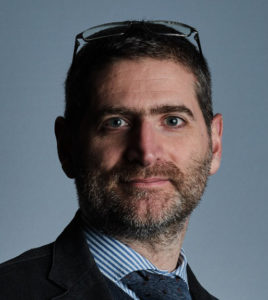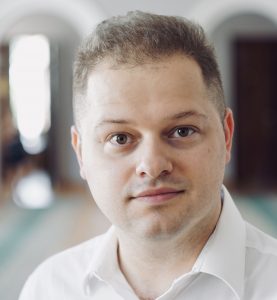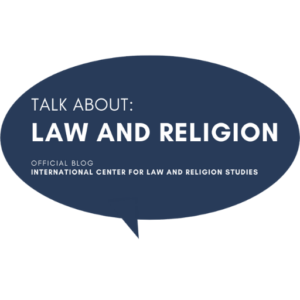Christianity, Human Rights, and Dignity: Squaring the Triangle

Brett G. Scharffs is Rex E. Lee Chair, Professor of Law, and Director of the International Center for Law and Religion Studies, J. Reuben Clark Law School, Brigham Young University
Andrea Pin is Associate Professor of Comparative Public Law, University of Padua, and Senior Fellow at the Center for the Study of Law & Religion Emory University

Dmytro Vovk is Director of the Centre for the Rule of Law and Religion Studies, Yaroslav Mudryi National Law University (Ukraine) and co-editor of Talk About: Law and Religion
This blogpost is modified from Scharffs, Pin, and Vovk’s Introduction to “Human Dignity and Human Rights—Christian Perspectives and Practices: A Focus on Constitutional and International Law,” in a special issue of the BYU Law Review.

Introduction
The relationship between Christianity and human rights is a matter of deep controversy, drawing the attention of theologians, historians, lawyers, and philosophers alike. The historical connections between various denominations of Christianity and human rights and the dialectics between Christianity and human rights are matters of endless academic debates. How much contemporary narratives of rights are owed to Christianity, what Christianity has borrowed from nonreligious modern and post-modern thinkers, the extent to which the contemporary language of rights clash with Christian values, and the theoretical foundations of such clashes keep scholars busy.
The topic, however, is all but confined to theoreticians. How Christianity understands or ought to understand rights is often discussed within legal and political circles. The public role of Christianity and Christians in contemporary societies surfaces whenever a policy that touches upon Christian values is discussed. Parliaments and courts, especially in countries born out of Christianity, are often busy trying to reconcile religious freedom claims put forward by Christians with rights that contradict Christian morality.

 By
By 